English Learning - L3 作业打卡 Lesson2 Day11 2023.5.15 周一
- 引言
- 🍉句1: Sometimes a person may be upset because he does not have something as nice as a friend has, like a fast new car.
- 成分划分
- 弱读
- 连读
- 爆破
- 语调
- 🍉句2: That person may say he is green with evny.
- 成分划分
- 连读
- 爆破
- 语调
- 🍉句3: Some people are green with envy because a friend has more dollars or greenbacks.
- 成分划分
- 弱读
- 连读
- 语调
- 💡督导问问:
- 1. 不要翻书,翻译一下“A是B的三倍大”。
- 2. 常见情态动词有哪些? 它们的核心思维是什么?一猜你就不记得了。去看讲义~
- 3. 哪些从属连词可以引导原因状语从句?去查一查,一定有意外惊喜~
- 📅明日计划
- 🙆【导导摸摸头】
引言
⏰打卡时间:2023.05.15(周一) 6:00-17:00
练习方法顺序:
【完全听写法】➡️【车轮法】➡️【影子跟读法】
⏱【练习时间】60 mins
🍉句1: Sometimes a person may be upset because he does not have something as nice as a friend has, like a fast new car.
/ˈsʌmtaɪmz ə ˈpɜːsn meɪ biː ʌpˈset bɪˈkɒz hiː dʌz nɒt həv ˈsʌmθɪŋ æz naɪs æz ə frend həz laɪk ə fɑːst njuː kɑː/
语音现象描述+自身问题总结:
(连读、重读、弱读、浊化、断句、语调等)
成分划分
有时一个人可能会不高兴,因为他拥有的一些东西并没有朋友的那么好,例如一辆崭新的车。

弱读
Have-》əv,a-》ə,as-》əz
连读
not have 连读 nɒtəv
nice as a 连读 naɪsəzə
like a 连读 laɪkə
爆破
friend has 谦让型爆破
fast new 其中 fast 是重度强调,所以不失去爆破
当意群停顿处,或重读强调,结尾爆破音不用失去爆破处理。
语调
Upset,has,car 降调
🍉句2: That person may say he is green with evny.
/ðæt ˈpɜːsn meɪ seɪ hiː ɪz griːn wɪð ˈenvɪ/
语音现象描述+自身问题总结:
(连读、重读、弱读、浊化、断句、语调等)
成分划分
那么他可能会说自己羡慕嫉妒恨(be green with envy )。

连读
he is 连读产生一个连接音 j,hiːjɪz
爆破
That person 结尾t 摆拍爆破
语调
Person,green,envy 降调
🍉句3: Some people are green with envy because a friend has more dollars or greenbacks.
/sʌm ˈpiːpl ə griːn wɪð ˈenvɪ bɪˈkɒz ə frend həz mɔː ˈdɒləz ɔː ˈgriːnbæks/
语音现象描述+自身问题总结:
(连读、重读、弱读、浊化、断句、语调等)
成分划分
一些人因为朋友比自己富有而感到嫉妒。

弱读
Are-》ə,a-》ə,has-》həz
连读
because a 连读bɪˈkɒsə,z 被轻化成 s
语调
Friend,dollars,greenbacks 降调
💡督导问问:
督问答案会在每日打卡结束后,发至学习团
1. 不要翻书,翻译一下“A是B的三倍大”。
倍数 + 比较级 结构
A is three times bigger than B
倍数 + as … as 结构
A is three times as big as B
倍数 + 名词 结构 (应用于没有形容词的情况)
A is three times the size of B
2. 常见情态动词有哪些? 它们的核心思维是什么?一猜你就不记得了。去看讲义~
核心思维:
推测–“可能性”
本色–保留作为单词本身的基因,如:will 表示意愿
虚拟–本来做但没做
情态动词 情态动词短语
must have ( got ) to
will / would be going to
shall / should be supposed to / ought to
can / could be able to
may / might be allowed to
need /
dare /
/ would rather
/ had better
句型 肯定 否定
对现在推测 must / should / could / may / might + do can’t / shouldn’t / could not / may not / might not + do
对将来推测 will / should / could / may / might + do will not / shouldn’t / could not / may not / might not + do
对过去推测 must / should / could / may / might + have done can’t / shouldn’t / could not / may not / might not + have done
此时此刻 must / should / could / may / might + be doing can’t / shouldn’t / could not / may not / might not + be + doing
3. 哪些从属连词可以引导原因状语从句?去查一查,一定有意外惊喜~
原因:because,as 和 since
Because 引导的从句显得比主句重要,强调原因
Since 引导的从句显得次要,而主句重要,以说明将要做什么事。
I almost missed my flight because there was a long queue in the duty-free shop.
因为免税店排了好长的队,我差点儿误机。
My friends don’t like me because I am not too handsome.
我的朋友们不喜欢我,因为我长得不帅
Since you are an English major, I guess you can help me with this sentence.
既然你是学英语专业的,你帮我翻译翻译。
We thought that since we were in the area, we’d stop by and have a look.
我想我们既然都来这了,最好顺便看看吧。
导导答案:
引导原因状语从句的从属连词有:
because(因为),since(既然),as(由于),now(that)(既然),seeing( that ) (由于;鉴于),considering (that)(考虑到),given (that)(考虑到)等。
Because 引导的从句位于句⾸时要⽤逗号分开,放在句末时,可不⽤逗号分开。
because 表⽰直接原因,语⽓最强,最适合回答 why 引导的疑问句。
� Because he did not obey the regulations, he was punished.
因为他没有遵守规则,所以他被惩罚了。 (原因)
Since 表⽰⼀种附带的原因,或者表⽰已知的、显然的理由,意为“既然”,引导的从句常放在句⾸。
� Since you say so, I suppose it is true.
你既然这么说,我想这是真的。
As 所表⽰的理由最弱,只是对主句的附带说明,重点在主句。As 从句通常放在主句前。
� As she was young, she was not equal to the task.
因为她还年轻,胜任不了这项⼯作。
其他的词(组)⼤家可以⼿动去查阅拓展啦
📅明日计划
复盘 L3 第二节课所有内容,
跟读句子朗读
完成第二天的作业
🙆【导导摸摸头】
世上没有那么多天赋异禀,优秀的人总是努力地翻山越岭,你要知道:最终使你脱颖而出的是持之以恒,是真正坚持做一件事,时间会看得见。

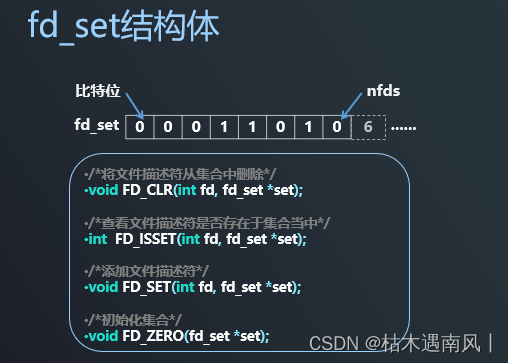
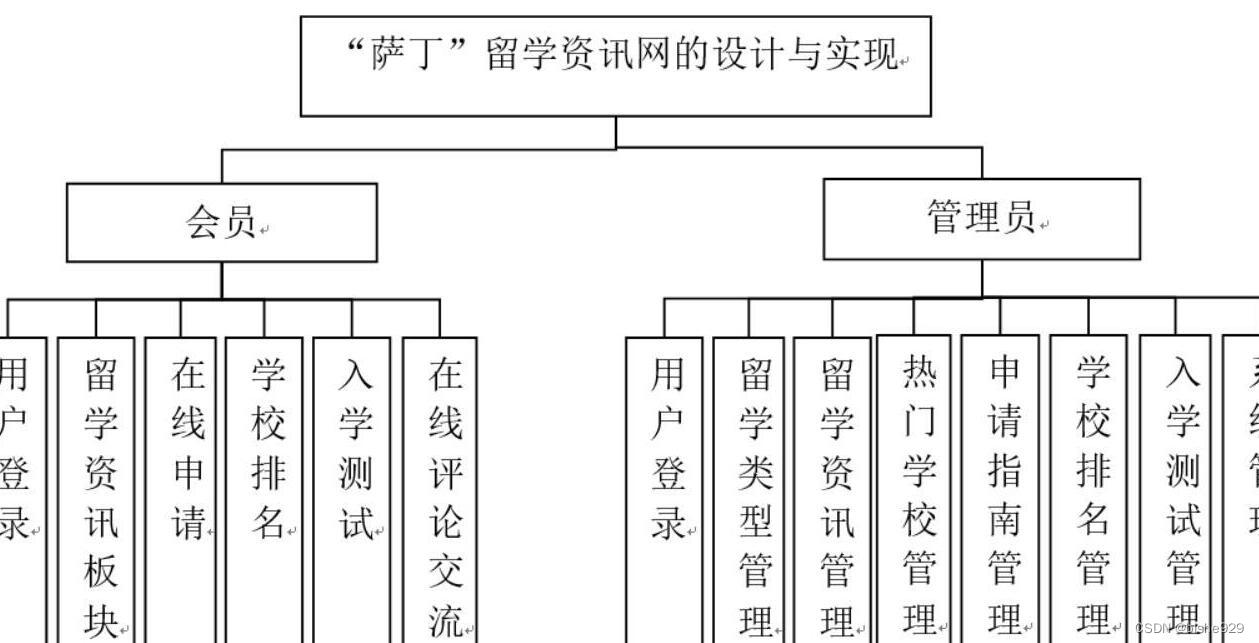




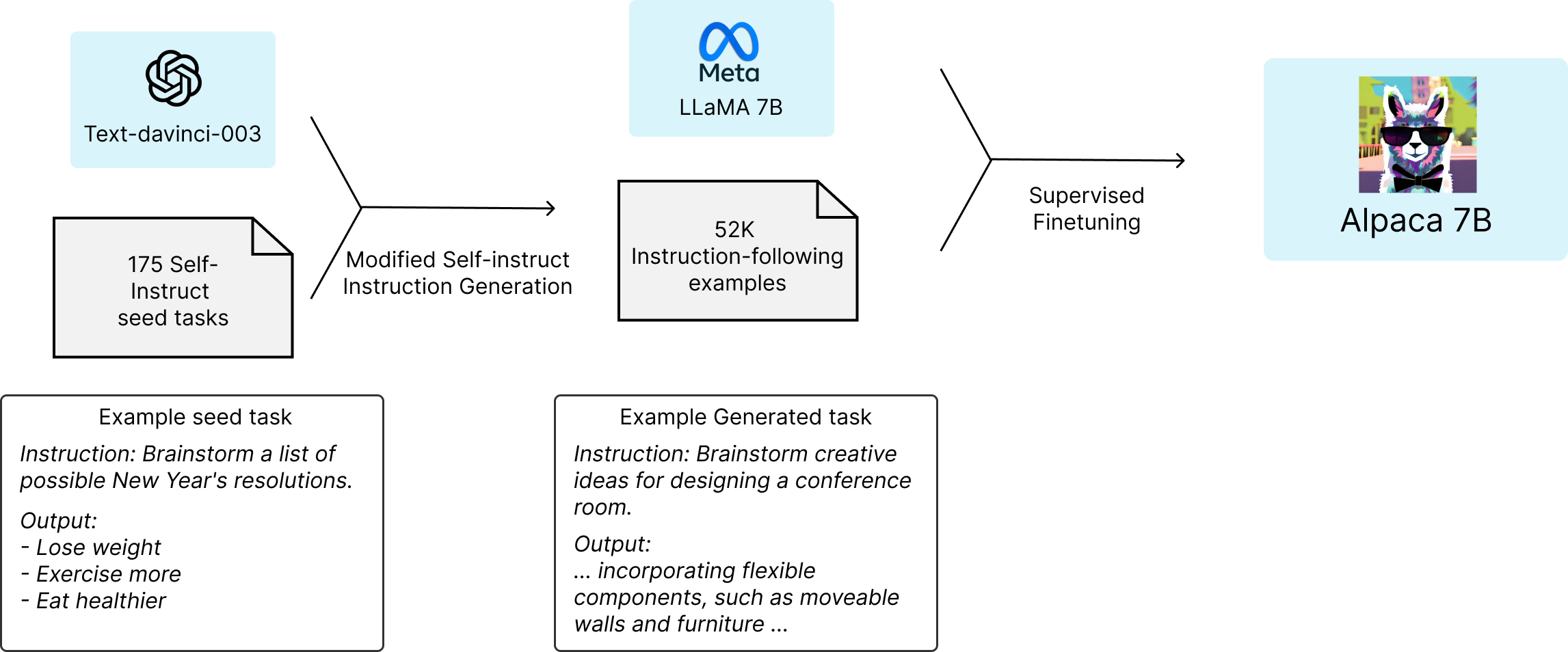






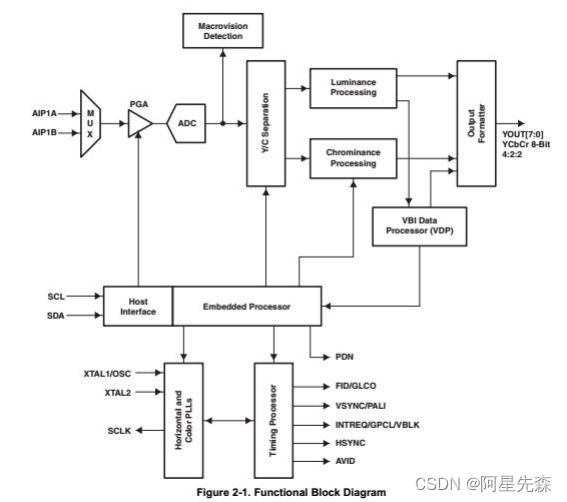
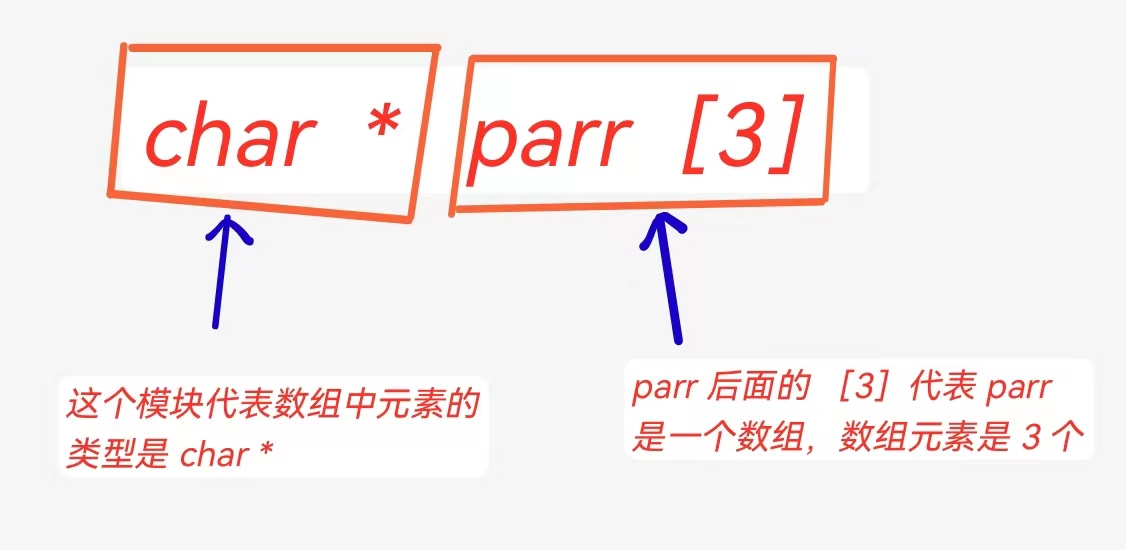


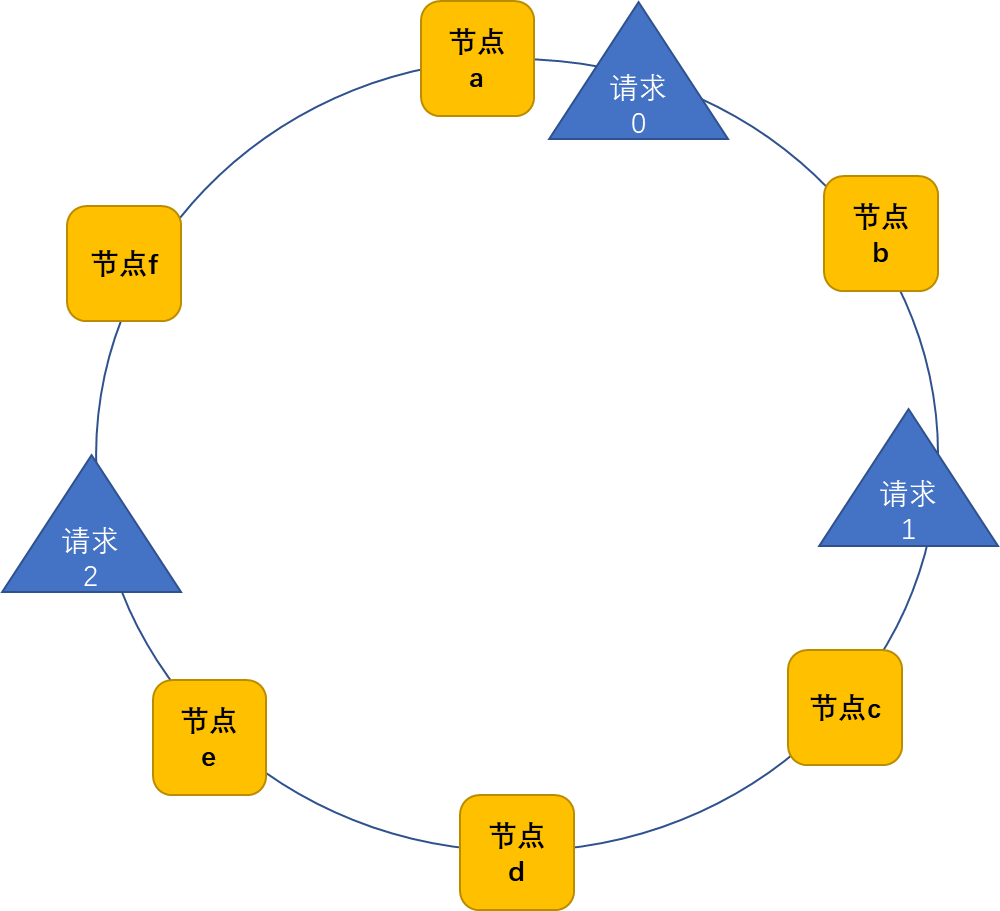
![[CTF/网络安全] 攻防世界 baby_web 解题详析](https://img-blog.csdnimg.cn/d51762d320ec4c2b8c4f9c5aafd4a7db.png#pic_center)